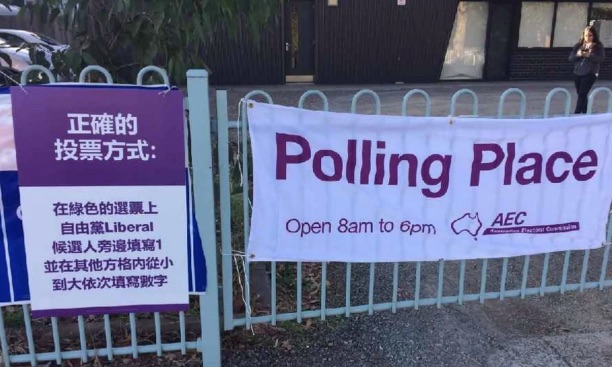Is Mandarin easy to learn after all?
Betteridge's law of headlines states: "Any headline that ends in a question mark can be answered by the word no." The title of this post ends in a question mark, but, as its author, I mean for it to be answered by the word yes.
Early yesterday morning, I posted "Fluent bilingualism in Singapore " (5/28/19). Less than six hours later, around noon, I posted "Difficult languages and easy languages, part 2 " (5/28/19). Both posts fortuitously touched upon the real or imagined difficulty of Mandarin, the former allegedly attested in the poor record of getting Singaporean students of Chinese ancestry to attain fluency in the language and the latter in the results of a large scale survey on the perceived difficulty of languages carried out two years ago on Language Log. In both cases, Mandarin came out looking as though it were a very hard language to learn.
Read the rest of this entry »



